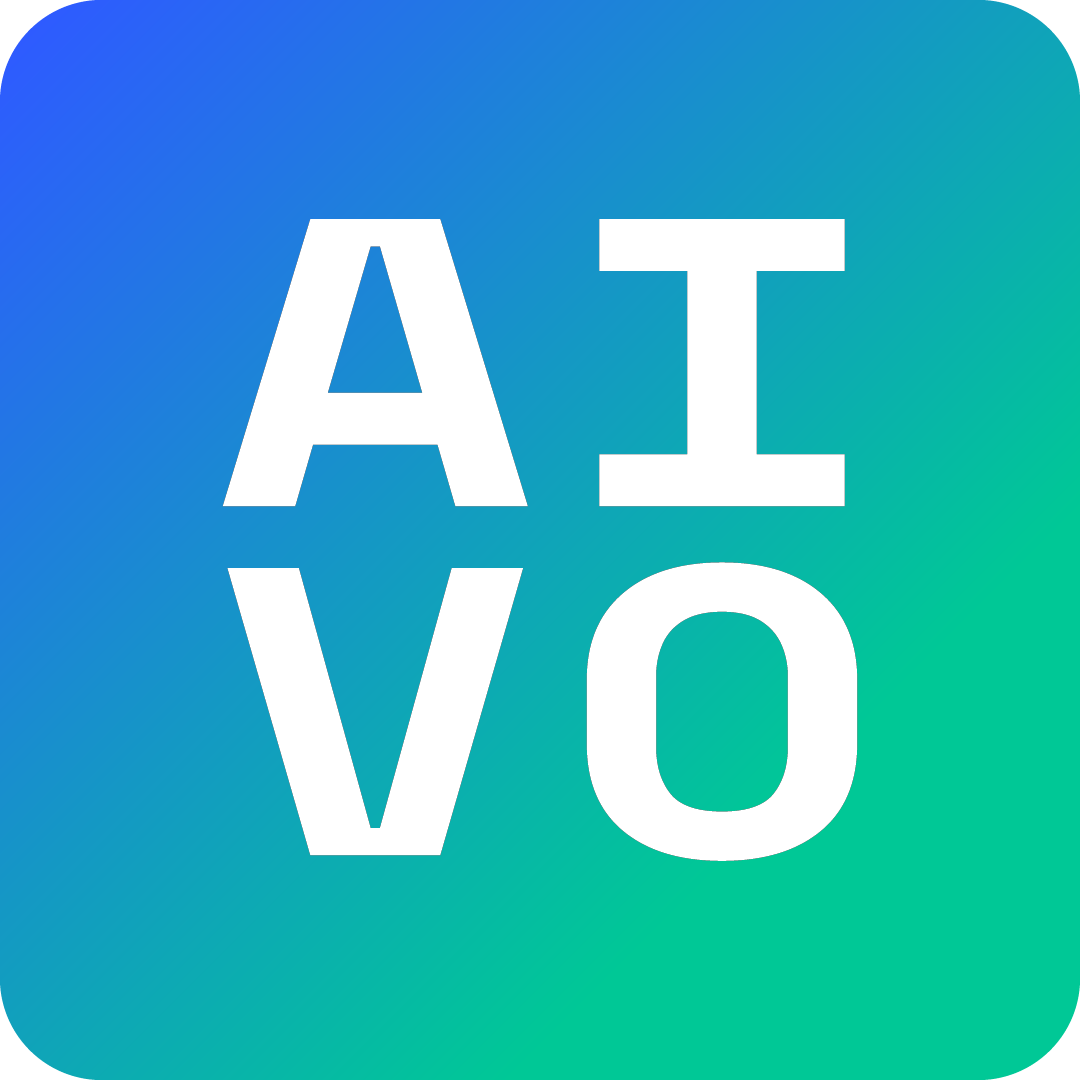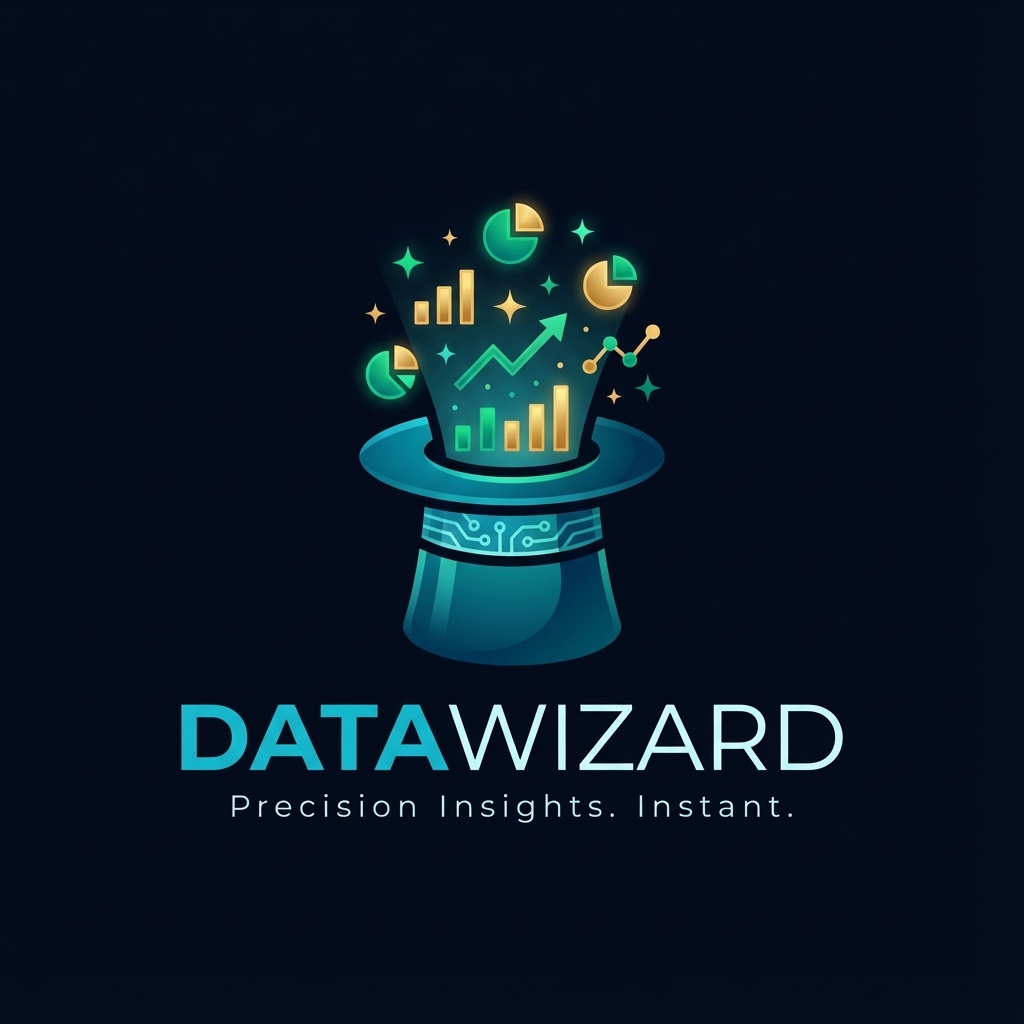Helpmaton: Organized Workspaces for AI Agent Management
Helpmaton is a powerful SaaS platform designed to streamline the deployment and management of AI agents. It provides organized workspaces that enable users to create AI assistants capable of remembering conversations, connecting to various tools, and running on schedules. This platform is ideal for teams and individuals looking to bring order and efficiency to their AI-driven workflows, eliminating the chaos of juggling multiple AI agents.
Key Features
Workspaces: Keep projects, teams, and budgets separated for clear organization and access control.
Agent Memory: Agents retain key conversation details, leading to sharper, more context-aware responses over time.
Budget Control: Set daily, monthly, or yearly spending limits per agent to ensure predictable costs and avoid surprises.
Quick Integrations: Seamlessly connect with popular tools like Gmail, Google Calendar, Notion, Slack, and Discord in minutes.
Judge Evals: Automatically review conversations to measure quality, spot issues early, and ensure consistent agent performance.
Source-Available: Offers the flexibility to self-host with its BSL 1.1 license (transitioning to Apache 2.0 in 2029).
Use Cases
Helpmaton empowers users to automate and enhance a wide range of tasks. For instance, it can transform customer support by deploying agents in Slack or Discord that use your documentation to provide consistent and fast replies, significantly reducing repetitive tickets. Research assistants can gather information from the web and internal documents, allowing teams to share insights quickly without constant context switching.
Beyond support and research, Helpmaton excels in workflow automation. Agents can be scheduled to generate reports, monitor systems for proactive alerts, or coordinate complex workflows and approvals using integrations and webhooks. This ensures work progresses smoothly, cutting down on manual handoffs and follow-ups. Its ability to integrate with Google Workspace and Notion also makes it invaluable for automating administrative tasks and enhancing knowledge retrieval.
Pricing Information
Helpmaton offers a flexible pricing model, including a "Free" tier perfect for evaluation, which comes with $2 in free credits. Paid plans, "Starter" ($29/month) and "Pro" ($99/month), cater to individuals and teams requiring more agents, workspaces, and longer memory retention. An "Enterprise" plan is available for custom limits, dedicated support, and SLAs. All plans allow users to bring their own AI API keys or purchase credits through Helpmaton, and there are no long-term contracts.
User Experience and Support
Designed for ease of use, Helpmaton allows users to launch and integrate agents in minutes without complex setup. The platform emphasizes clear control and reliable context, making it straightforward to manage AI agents. Comprehensive documentation, an FAQ section, and demos are available to guide users. Support ranges from email for Starter plans to priority support for Pro and dedicated support for Enterprise customers, ensuring assistance is available when needed.
Technical Details
Helpmaton is built with flexibility in mind, offering a source-available licensing model (BSL 1.1, transitioning to Apache 2.0). This allows organizations to self-host the platform when specific needs arise, providing ultimate control over their AI infrastructure. The platform also features a robust Webhook & API, enabling seamless integration with external systems and allowing AI-powered responses to be sent anywhere.
Pros and Cons
Pros:
No vendor lock-in; use any AI model with your own API keys.
Predictable costs with agent-level budget controls.
Agents remember conversations, improving accuracy over time.
Rapid setup and integration with popular business tools.
Automated quality control with Judge Evals.
Source-available for self-hosting flexibility.
Built-in team collaboration and access control.
Cons:
Requires managing external AI API keys if not using Helpmaton credits.
Advanced customization of agents and workflows may require a learning curve.
No explicit mention of mobile-specific applications, primarily web and chat-bot focused.
Conclusion
Helpmaton provides an essential solution for businesses seeking to harness the power of AI agents in an organized, controlled, and scalable manner. By offering robust features like persistent memory, budget control, and extensive integrations, it empowers teams to automate tasks, enhance productivity, and ensure consistent AI performance. Explore Helpmaton today to transform your AI agent management and unlock new levels of efficiency.















